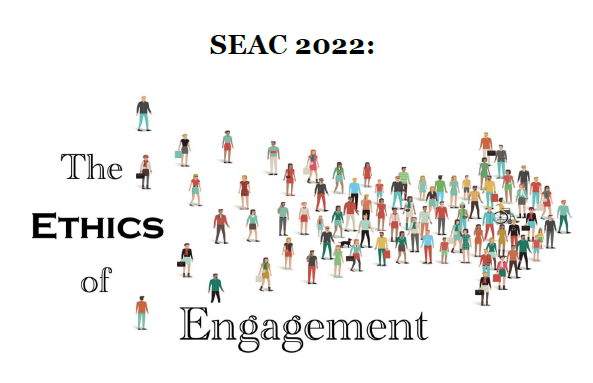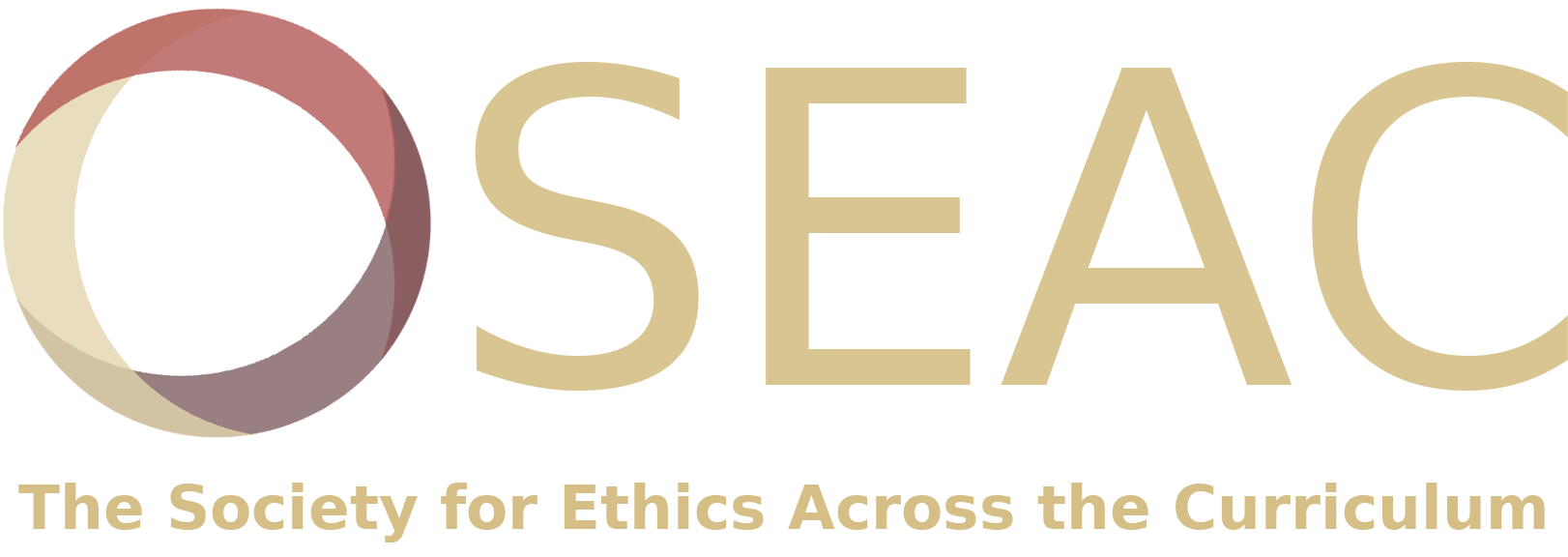
Concurrent Session 3B
Location
Ford Ballroom B, The Inn at Ole Miss
Start Date
6-10-2022 2:35 PM
End Date
6-10-2022 3:45 PM
Description
- Finding Ethical Issues in Cases: How Kant Fails Us / Wade Robison, Rochester Institute of Technology
Kant argues that rules of skill can have no ethical content because one end of such rules may be bad. As he puts it, “The prescriptions for the physician thoroughly to cure his man, and for a poisoner reliably to kill him, are of equal worth, in so far as each serves to effect its purpose perfectly.” So no rule of skill can have ethical content. The underlying premise seems to be that the form of a proposition matters ethically. Only a categorical imperative has the right form. But if we examine cases which raise ethical issues and let them speak for themselves, we find that rules of skill can be ethical and that if we approach cases with Kant’s theory in hand, we will misunderstand and miss the ethical issues. Rules of skill are a profession’s norms, what a professional ought to in order to be a competent professional. There are rules of skill for lawyers making out wills, and a failure to do it in accordance with those rules will invalidate the will and leave the heirs without what they would have received. “Applied ethics” is thus a misnomer, leading us to believe that all we need to do to understand the ethical issues in cases is to “apply” an ethical theory. - Approaching Social Justice Topics through the Use of Social Norms / Laura Engel, University of Minnesota Duluth
When teaching topics related to social justice, instructors are frequently faced with significant pushback from their students. If they take an individualist approach, which typically focuses on people’s mental states when explaining injustice (e.g., explicit or implicit biases), they are frequently met with defensiveness or denial (“I’m not racist!”). If they take a structuralist approach, students may find the topic difficult to grasp or be overwhelmed (“how can one person possibly make a difference?”). These responses not only produce a barrier to learning, but also serve to deflect responsibility for combating injustice. This paper argues that a promising method for avoiding these problematic responses is to discuss the relationship between social justice and social norms.
Social norms (SNs), the often unspoken rules regarding which behaviors are acceptable, required, or forbidden for different people in a society, are typically learned and followed automatically by members of the relevant community. Since they are often seen as “natural,” learning about SNs helps students understand why they may fail to recognize instances or patterns of injustice. Moreover, while discussing the social context of injustices can minimize defensiveness, individual responsibility is maintained given that SNs are perpetuated by individuals. Research on SNs also provides us with a promising avenue for change. Finally, learning about human psychology is not only fascinating, but provides students with empirical work to draw on as they discuss theories of injustice and oppression. I therefore maintain that teaching students about SNs is a promising way to begin discussions regarding social justice.
Session Chair: Brian Birch, Utah Valley University
Relational Format
conference proceeding
Recommended Citation
Robison, Wade; Engel, Laura; and Birch, Brian, "Concurrent Session 3B" (2022). Society for Ethics Across the Curriculum Conference. 13.
https://egrove.olemiss.edu/seac/2022/schedule/13
COinS
Oct 6th, 2:35 PM
Oct 6th, 3:45 PM
Concurrent Session 3B
Ford Ballroom B, The Inn at Ole Miss
- Finding Ethical Issues in Cases: How Kant Fails Us / Wade Robison, Rochester Institute of Technology
Kant argues that rules of skill can have no ethical content because one end of such rules may be bad. As he puts it, “The prescriptions for the physician thoroughly to cure his man, and for a poisoner reliably to kill him, are of equal worth, in so far as each serves to effect its purpose perfectly.” So no rule of skill can have ethical content. The underlying premise seems to be that the form of a proposition matters ethically. Only a categorical imperative has the right form. But if we examine cases which raise ethical issues and let them speak for themselves, we find that rules of skill can be ethical and that if we approach cases with Kant’s theory in hand, we will misunderstand and miss the ethical issues. Rules of skill are a profession’s norms, what a professional ought to in order to be a competent professional. There are rules of skill for lawyers making out wills, and a failure to do it in accordance with those rules will invalidate the will and leave the heirs without what they would have received. “Applied ethics” is thus a misnomer, leading us to believe that all we need to do to understand the ethical issues in cases is to “apply” an ethical theory. - Approaching Social Justice Topics through the Use of Social Norms / Laura Engel, University of Minnesota Duluth
When teaching topics related to social justice, instructors are frequently faced with significant pushback from their students. If they take an individualist approach, which typically focuses on people’s mental states when explaining injustice (e.g., explicit or implicit biases), they are frequently met with defensiveness or denial (“I’m not racist!”). If they take a structuralist approach, students may find the topic difficult to grasp or be overwhelmed (“how can one person possibly make a difference?”). These responses not only produce a barrier to learning, but also serve to deflect responsibility for combating injustice. This paper argues that a promising method for avoiding these problematic responses is to discuss the relationship between social justice and social norms.
Social norms (SNs), the often unspoken rules regarding which behaviors are acceptable, required, or forbidden for different people in a society, are typically learned and followed automatically by members of the relevant community. Since they are often seen as “natural,” learning about SNs helps students understand why they may fail to recognize instances or patterns of injustice. Moreover, while discussing the social context of injustices can minimize defensiveness, individual responsibility is maintained given that SNs are perpetuated by individuals. Research on SNs also provides us with a promising avenue for change. Finally, learning about human psychology is not only fascinating, but provides students with empirical work to draw on as they discuss theories of injustice and oppression. I therefore maintain that teaching students about SNs is a promising way to begin discussions regarding social justice.
Session Chair: Brian Birch, Utah Valley University


